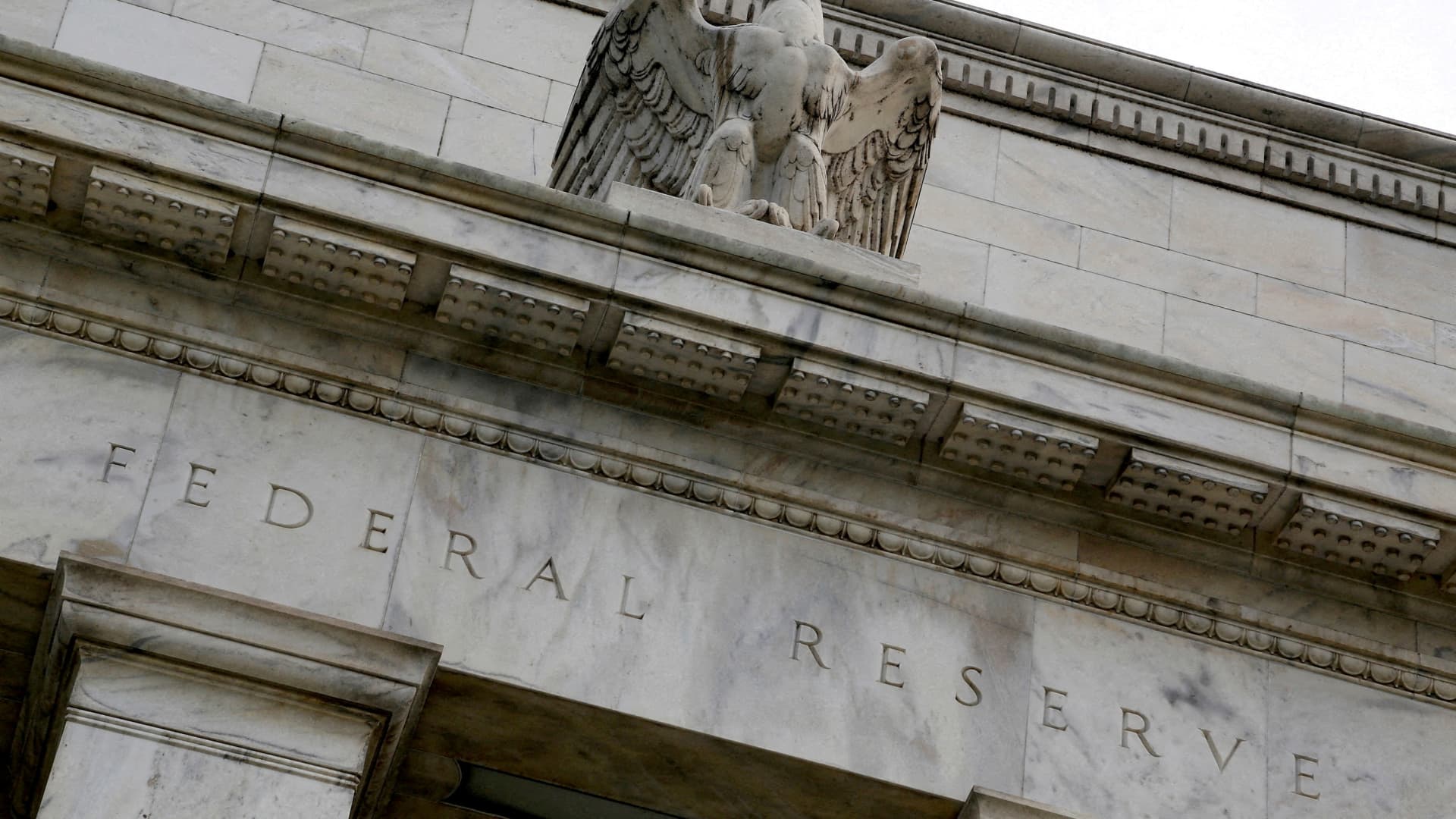While British fund manager abdrn predicts that the U.S. economy will see a soft landing, there is still the risk of a prolonged slowdown in 2025, said Kenneth Akintewe, the company’s head of Asian sovereign debt.
Speaking to CNBC’s “Squawk Box Asia” on Monday, Akintewe asked the question: “Is the Fed already sleepwalking into a policy mistake?”
He pointed to economic data like non-farm payrolls, saying they were later revised to reflect a weaker economic picture. In August, the U.S. Labor Department reported that the U.S. economy created 818,000 fewer jobs than originally reported from April 2023 to March 2024.
As part of its preliminary annual benchmark revisions to the nonfarm payroll numbers, the Bureau of Labor Statistics said the actual job growth was nearly 30% less than the initially reported 2.9 million from April 2023 through March of this year.
Akintewe said: “Is the economy already weaker than the headline data suggests and [the Fed] should already be easing?”
He added that policy changes by the Fed takes time to move through the economy, “so if the economy is weaker than the headline data suggests, they will need to accumulate [a] sufficient amount of easing, you know, 150, 200, basis points, that will take time.”
“And once you’ve done that amount of easing, it takes six to eight months to transmit that.”
If the economy suddenly shows signs of more weakness at the start of 2025, Akintewe said it will take until the second half of 2025 to see the effects of any easing transmitted through the economy, which could look “quite different” by that time.
He also argued that the market is too focused on forecasting the size of any possible upcoming cut, asking. “The other question no one seems to ask is, why is the policy rate still at 5.5% when inflation is down [to] almost 2.5%? Like, do you need a 300 basis point real policy rate in this kind of environment with all the uncertainty that we’re facing?
In the U.S. on Friday, data showed the personal consumption expenditures (PCE) price index, the Federal Reserve’s favored measure of inflation, ticked up 0.2% last month, as expected.
The data seems to back a smaller rate cut, with U.S. rate futures suggesting a lesser chance of a 50 basis-point rate cut later in September.
Currently, markets see an almost 70% chance of a 25-basis-point cut at the Fed’s meeting this month, with the remaining 30% expecting the Fed to slash rates by 50 basis points, according to the CME Fedwatch Tool.
— CNBC’s Jeff Cox contributed to this report.

 Blog Post7 days ago
Blog Post7 days ago
 Economics1 week ago
Economics1 week ago
 Personal Finance1 week ago
Personal Finance1 week ago
 Personal Finance1 week ago
Personal Finance1 week ago
 Finance1 week ago
Finance1 week ago
 Finance1 week ago
Finance1 week ago
 Accounting1 week ago
Accounting1 week ago
 Economics1 week ago
Economics1 week ago









